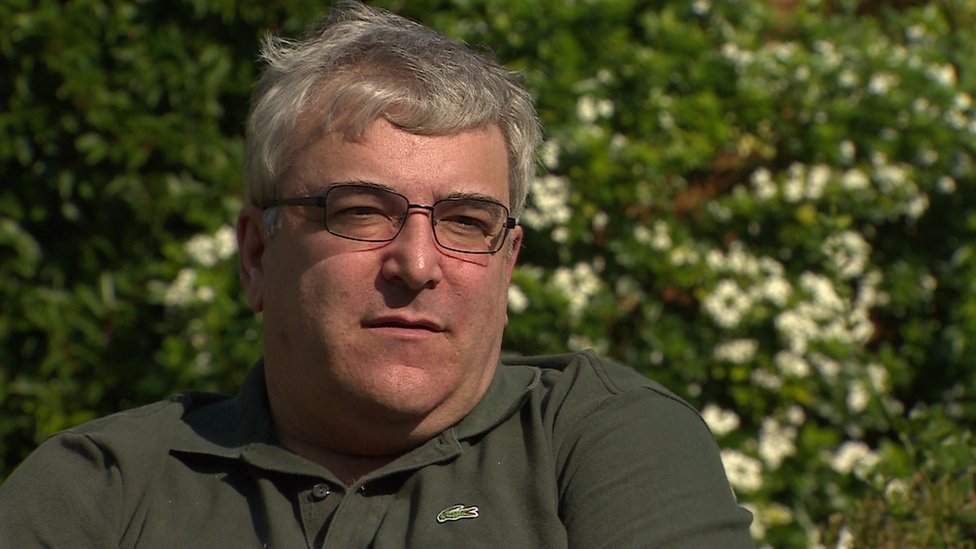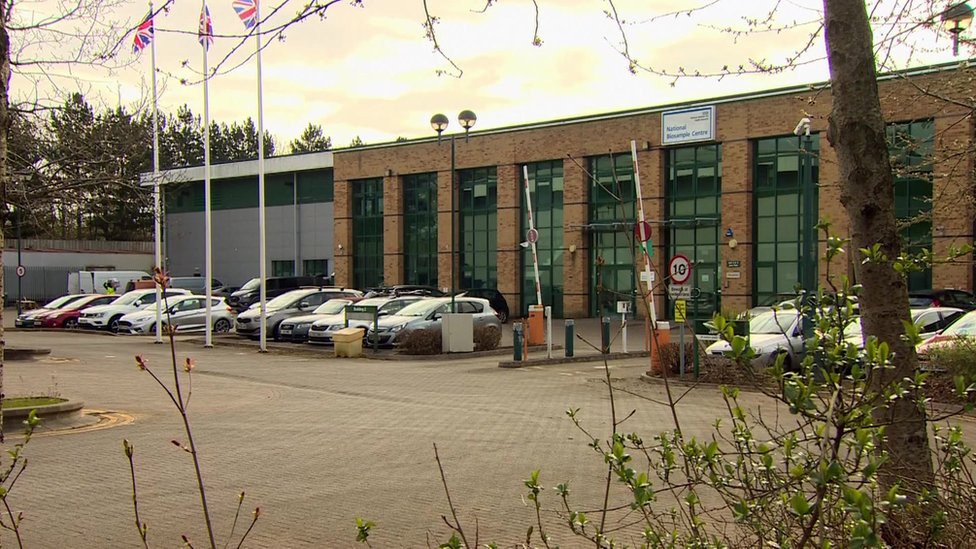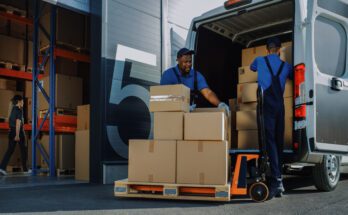
A scientist who processed coronavirus swab samples at one of the UK’s largest labs has alleged working practices were “chaotic and dangerous”.
He highlighted overcrowded biosecure workspaces, poor safety protocols and a lack of suitable PPE.
The Health and Safety Executive has uncovered safety breaches at the lighthouse lab in Milton Keynes.
The UK Biocentre, which runs the lab, said strict safety measures were in place and improvements were being made.
The joint investigation by the BBC and the Independent has learnt that an experienced virologist who worked at the lab said he was “traumatised” and “freaked out” by seeing inexperienced colleagues unaware of the hazards they were dealing with.
Dr Julian Harris started working in laboratories dealing with highly infectious diseases in the 1980s.
But within one week of working at the Milton Keynes facility – which processes up to 30,000 tests a day – in early July, he was so troubled by what he saw he contacted the Health and Safety Executive (HSE).
The “lighthouse labs” are run by independent organisations and are part of the government’s plan for increasing testing capacity for coronavirus.
Dr Harris said coronavirus swabs had to be processed in “containment level 2” labs, with tight safety procedures to protect staff.
But he said fellow workers had limited laboratory experience and were not given proper safety induction.
“I found they’ve got no experience with this sort of facility or handling bio-hazardous, and then they’re just launched into this facility,” Dr Harris said.
He saw two people using biosecurity cabinets – enclosed, ventilated workspaces where scientists open the tubes containing the contaminated swabs – which were only calibrated to have protective airflow for one person.
“Once you disrupt that [airflow], you might as well be working on an open bench. It just disrupts the whole reason for a cabinet to protect the operator. And it is really disturbing,” Dr Harris said.
He called the working practices “chaotic and dangerous”.
The UK Biocentre said that the second scientist was witnessing and supporting the person working in the cabinet, and that new staff had three days of mandatory training.
It also said the lab workers it recruited had previous lab experience.
Dr Harris alleged part of the problem was that recruiters found it tough to bring in experienced staff, because of the drive to push up capacity in time for the winter.
He said the lab set out to recruit young people from the local area to work long shifts, often of 12 hours.

“They just want people to do the gruelling labour of handling these biohazardous things,” he claimed.
Dr Harris took his concerns to the laboratory management in early August.
A senior manager told him that the professionally-experienced staff were going back to their institutes – and that the lab was in “a transitional period” and new staff had less experience.
The manager admitted that the training in place did not look “robust enough” for these new recruits.
Dr Harris said he also raised concerns about mobile phones being used in the labs and then taken to the canteen, and a lack of safety signage and first aid kits.
The HSE visited the Milton Keynes lab and found five material breaches of health and safety legislation.
The BBC understands they included inadequate health and safety training for staff, and employees working too closely together.
But the Milton Keynes lab said no improvement notice had been issued by the Health and Safety Executive (HSE).


Another former worker at the Milton Keynes lab, who did not want to be identified, said: “I immediately began to question some of the most basic practices that were being employed in the labs.
“It was like we were set up to work on a war footing with massive enthusiasm for the task, but they just ignored many of the things we could implement from existing industry and lab practice to make things more efficient and safer for the work team.”
The worker, who is also a PhD student, was asked to wear cheap disposable lab coats and plastic gloves attached with parcel tape.
“If you were in a hospital biomedical sciences lab, you would not be allowed to wear those lab coats to do those things,” the student said.
The UK Biocentre, which runs the lab – one of seven mega-labs in the UK – said that cloth and disposable lab coats were available to staff, and tape was an additional safety measure because they insist on staff wearing two pairs of gloves.
The laboratory added in a statement: “We are already addressing observations that have been made to us as we continue to expand our testing capacity to tackle the coronavirus.
“Given the scale of our 24/7 operation – 400 staff, 40,000 tests a day – we have strict safety measures in place to protect staff who are operating in a confined laboratory space.
“We take the health and safety of all our staff very seriously and actively encourage the scientists and other colleagues to suggest improvements and raise any concerns.”
Read MoreFeedzy


